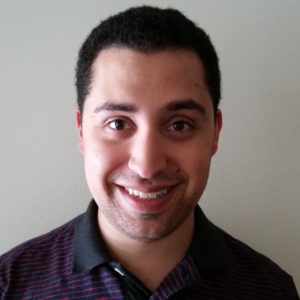Ling-Wei Kung
Field: Chinese and Tibetan History
Advisors: Gray Tuttle & Madeleine Zelin
Email: lk2627@columbia.edu
Ling-Wei Kung is a Ph.D. candidate in History and East Asia Studies. His principal research area is the history of early modern/modern China and Inner Asia. He is completing his dissertation entitled “Great Convergence: Intelligence Collection, Trans-Regional Trade, and International Relations Between Modern China, Inner Asia, and the World.” His dissertation investigates modern China’s relationship with Inner Asia by focusing on global economic exchange and knowledge formation from the seventeenth to the twentieth centuries, supplementing modern and classical Chinese sources with multilingual materials in Tibetan, Mongolian, Manchu, Japanese, and a range of European languages. Supported by the American Council of Learned Societies, the Social Science Research Council, and the Japan Foundation, he has conducted on-site research in China, Japan, and Tibet for eighteen months. In recognition of his exceptional intellectual ability and originality, the Tang Prize Foundation awarded him the Yu Ying-Shih Prize for Humanities Research in 2019. He has published widely on the history of China and Inner Asia. His works are available on his Personal Website.
Ling-Wei received a B.A. in History from National Taiwan University (2012), and his M.A. (2015) and M. Phil. (2018) from Columbia University. He has studied abroad at Tibet, Kyoto, Kyushu, Peking, and Renmin Universities.



